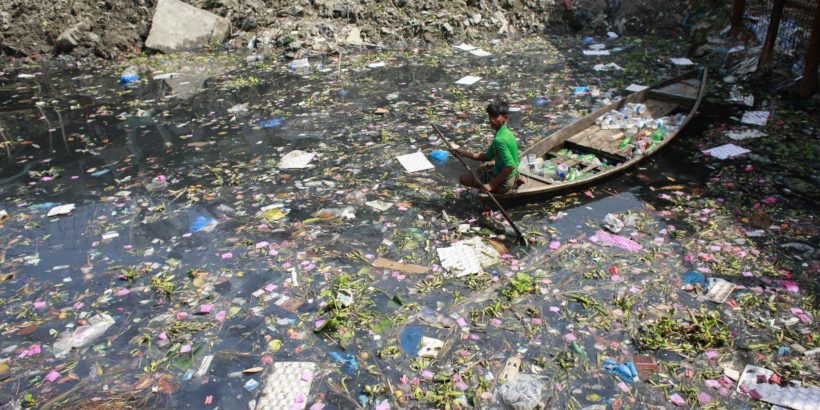Where does science meet policy? This year’s Water and Health Conference in Chapel Hill, North Carolina, explored this very question. Many of the presentations focused on developing an evidence base for water, sanitation and hygiene (WASH) interventions to achieve maximum health impact.
A focus of the conference was Sustainable Development Goal 6, or SDG6, which advocates for universal access to safe water and sanitation. Improvement of these services is essential for the control and prevention of typhoid and other water-related diseases such as cholera, polio, and hepatitis A. The challenge of attaining SDG6 is daunting: an estimated 844 million people lack access to safe drinking water and 2.3 billion do not have access to basic sanitation.
Like many waterborne diseases, typhoid spreads via the fecal-oral route when bacteria are ingested through contaminated food, water, hands, or objects. With nearly 12 million cases a year, it’s not surprising that typhoid is mostly found in parts of the world lacking access to safe drinking water and sanitation services. Last week’s conference highlighted a number of promising WASH technologies that give us hope. Interventions including innovations in water treatment and safe waste management, as well as behavioral change and advances in scaling up and sustaining public health programs, can help save lives, but not alone.
There is no silver bullet to achieving SD6. The risks posed by inadequate access to safe and affordable WASH interventions across populations and cultures in the developing world reminded participants that the problem is multi-faceted, and the solution has to be as well. We need to think broadly and comprehensively, taking an integrated approach to waterborne diseases and public health.
With a disease like typhoid, prevention and control efforts are most effective when integrated. Policies combining water treatment, safe management of fecal waste, handwashing with soap, along with preventive vaccines, can maximize impact and increase efficiency of resources and programming to take on typhoid. Measures taken to prevent typhoid go a long way toward preventing cholera other diarrheal diseases, respiratory infections, and neglected tropical diseases. Disease prevention and improvement in people’s lives is what SDG6, and the Water and Health Conference, is all about.
Photo Credit: Sabin Vaccine Institute/Suvra Kanti Das



